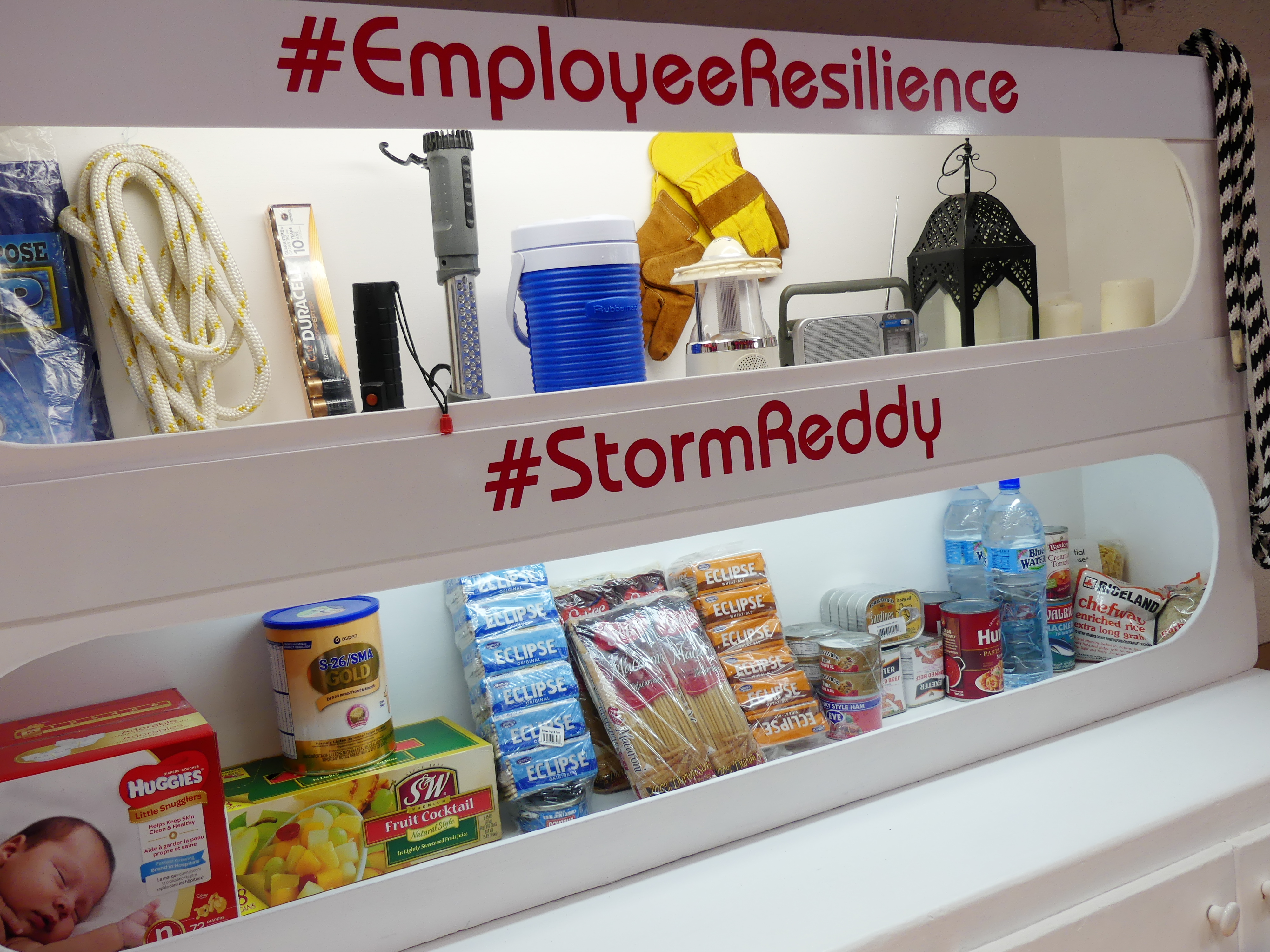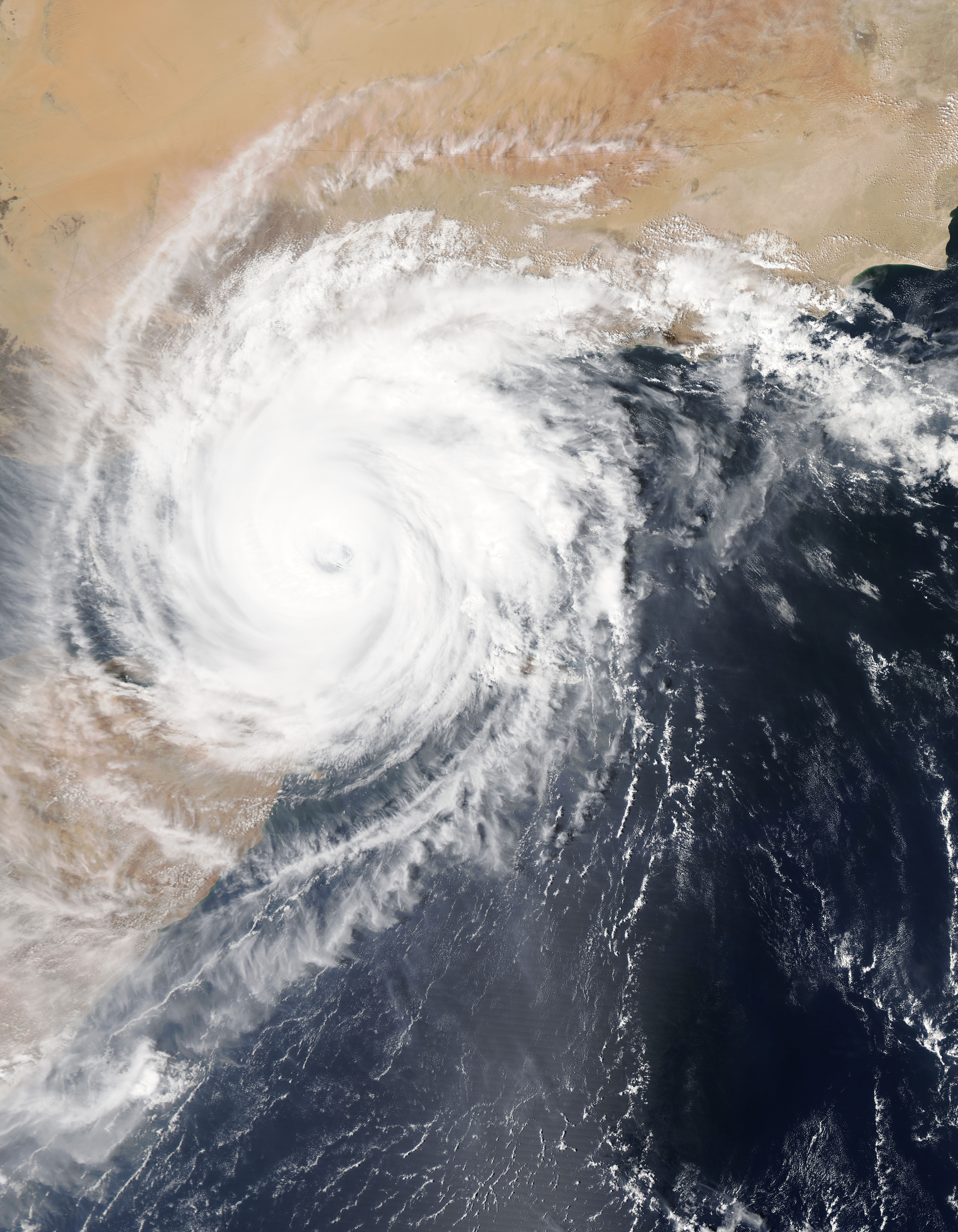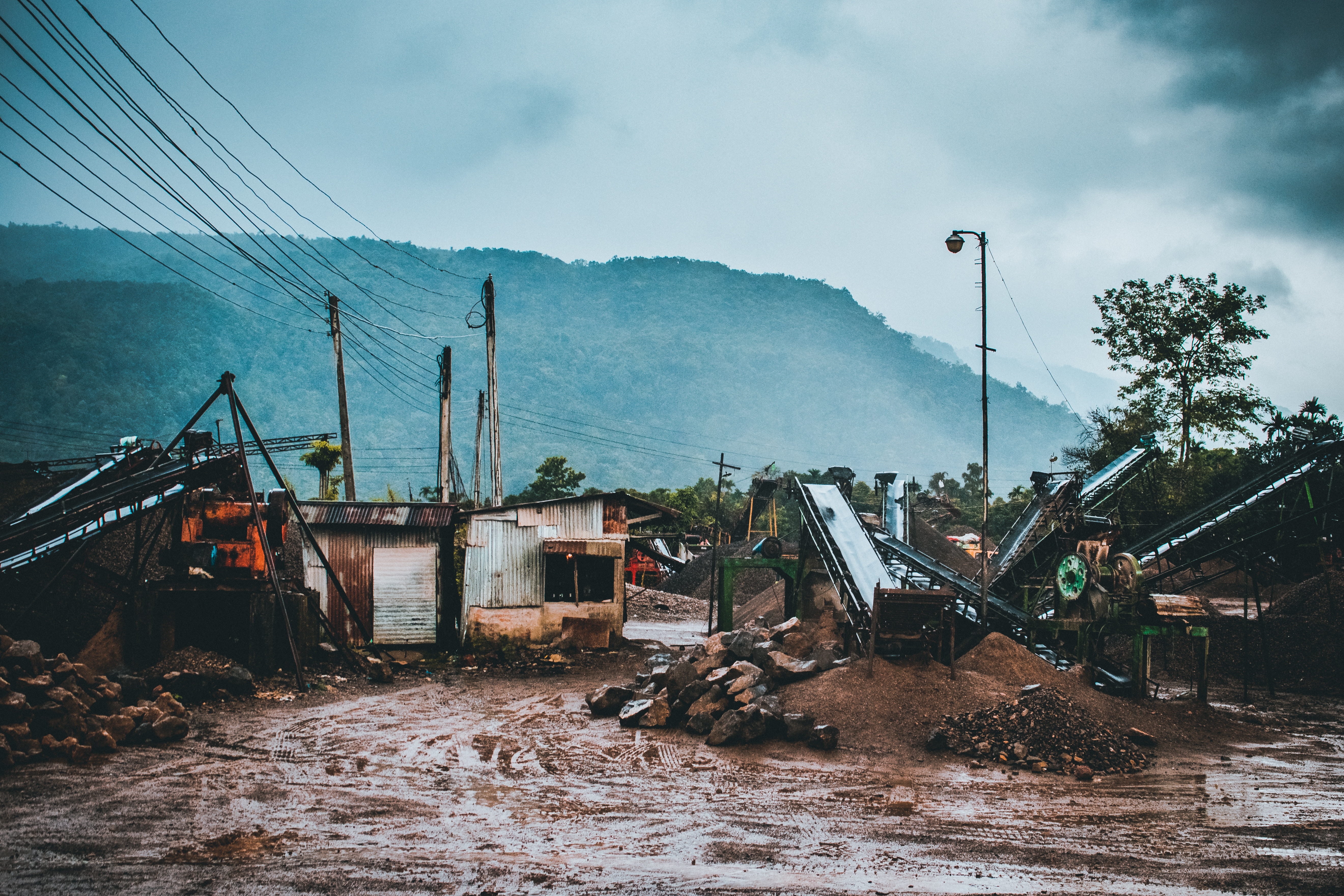Hurricanes can pose a threat to your safety and cause severe damage to your property. Follow these tips to ensure taht you are storm ready.
Safety at Work
Working around electricity can be dangerous. Here are some tips to keep you safe at work.
How To Stay Storm Ready At Work
Before the Storm

During the Storm

After the Storm
